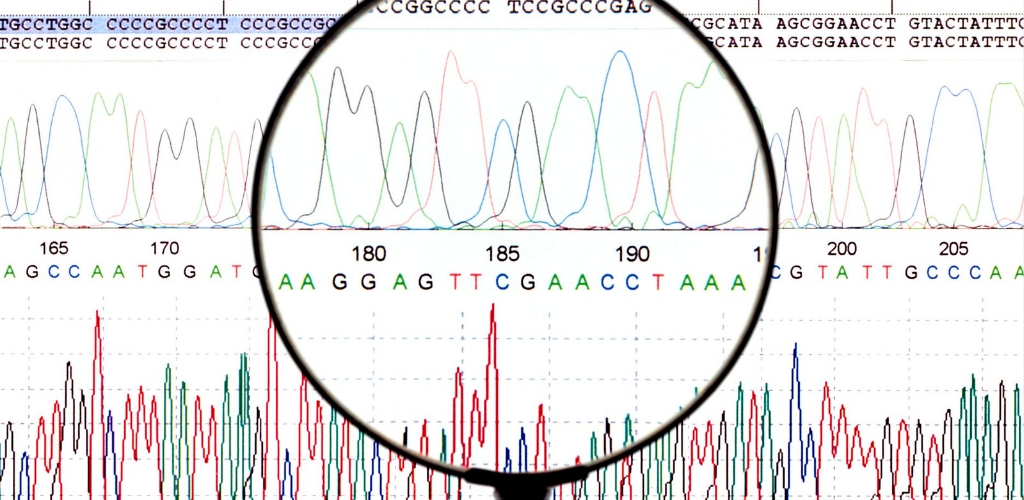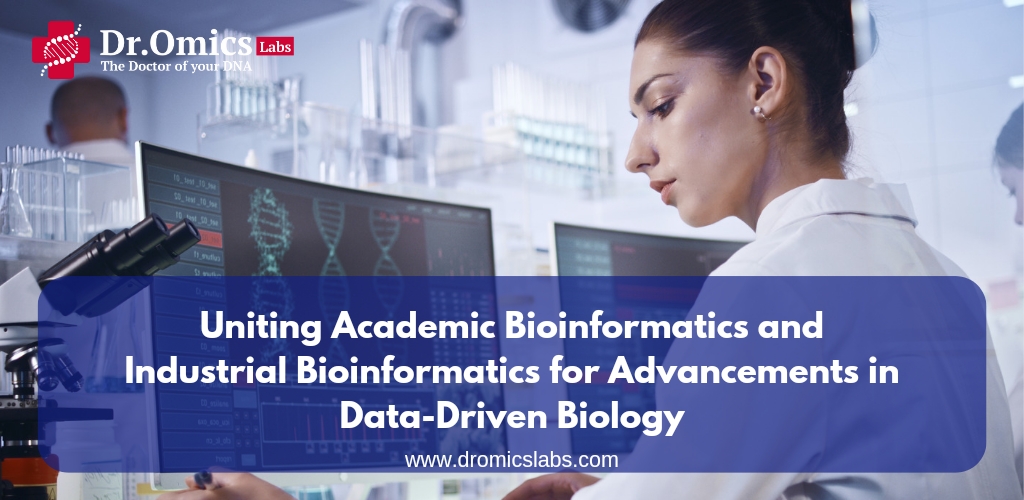Next-Generation Sequencing (NGS) has revolutionised the field of bioinformatics by enabling the rapid and cost-effective analysis of genomic data. Let’s explore the transformative impact of NGS on bioinformatics, its key advantages over traditional sequencing methods, and how it has opened new avenues for groundbreaking discoveries in genomics research.
Next-Generation Sequencing Vs traditional methods:
NGS has surpassed traditional Sanger sequencing in multiple aspects. Firstly, it allows for high-throughput sequencing, enabling the parallel processing of multiple samples simultaneously. This increased throughput has dramatically reduced sequencing costs, making large-scale genomic studies accessible to researchers worldwide.
Secondly, NGS generates massive amounts of data, producing terabytes of genomic information in a single run. Bioinformatics tools are essential in managing and analyzing this vast data deluge. The development of innovative algorithms and computational methods has facilitated the extraction of valuable insights from complex genomic datasets.
Furthermore, NGS enables the identification of genetic variations, including single nucleotide polymorphisms (SNPs), insertions, deletions, and structural variants. These variations contribute to our understanding of disease susceptibility, drug response, and individual differences in various traits.
Applications in Genomic Research:
NGS has unlocked new possibilities in genomic research. It has accelerated the study of genetic variations, enabling the identification of disease-causing mutations, association studies, and pharmacogenomics research. NGS also plays a pivotal role in studying epigenetic modifications and gene expression, shedding light on gene regulation mechanisms. Furthermore, metagenomic studies have become feasible, facilitating the analysis of complex microbial communities, essential for understanding human health and environmental interactions. NGS has also expanded the field of personalised medicine, with clinicians utilizing genomic data to make informed decisions about patient care.
Impact on Precision Medicine :
The integration of NGS with bioinformatics has been a game-changer in precision medicine. By analyzing an individual’s genomic data, clinicians can tailor treatments based on their genetic profile, leading to more effective and personalized therapies. NGS allows the identification of targetable mutations and biomarkers, enhancing patient stratification for clinical trials and optimizing treatment outcomes.
Additionally, NGS-powered bioinformatics contributes to the early detection of genetic diseases and risk prediction, facilitating preventive measures and timely interventions. This approach has the potential to revolutionize healthcare by providing patient-centered, data-driven medical solutions.
Future Prospects :
As NGS technologies continue to evolve, bioinformatics will play a central role in optimizing data analysis and interpretation. Advancements in machine learning and artificial intelligence will enhance the identification of novel genetic markers, furthering our understanding of complex diseases and opening new avenues for targeted therapies.
Conclusion:
Next-Generation Sequencing, coupled with bioinformatics, has transformed genomics research and paved the way for personalized medicine. NGS is poised to further unravel the complexities of genomics, enhance disease diagnosis, and guide personalized treatments, paving the way for a healthier and more informed society.
References:
- Metzker, M. L. (2010). “Sequencing technologies: the next generation.” Nature Reviews Genetics, 11(1), 31-46. doi:10.1038/nrg2626
- Goodwin, S. et al. (2016). “Coming of age: ten years of next-generation sequencing technologies.” Nature Reviews Genetics, 17(6), 333-351. doi:10.1038/nrg.2016.49
MCQs:
- What distinguishes Next-Generation Sequencing (NGS) from traditional Sanger sequencing?
- a) NGS is slower but more cost-effective.
- b) NGS allows parallel sequencing of millions of DNA fragments.
- c) NGS requires larger amounts of DNA as input.
- d) NGS does not require bioinformatics analysis.
- Which of the following is NOT an application of NGS in genomics research?
- a) Identification of disease-causing mutations
- b) Metagenomic analysis of microbial communities
- c) Studying climatic changes through DNA sequencing
- d) Personalized medicine based on genomic data




